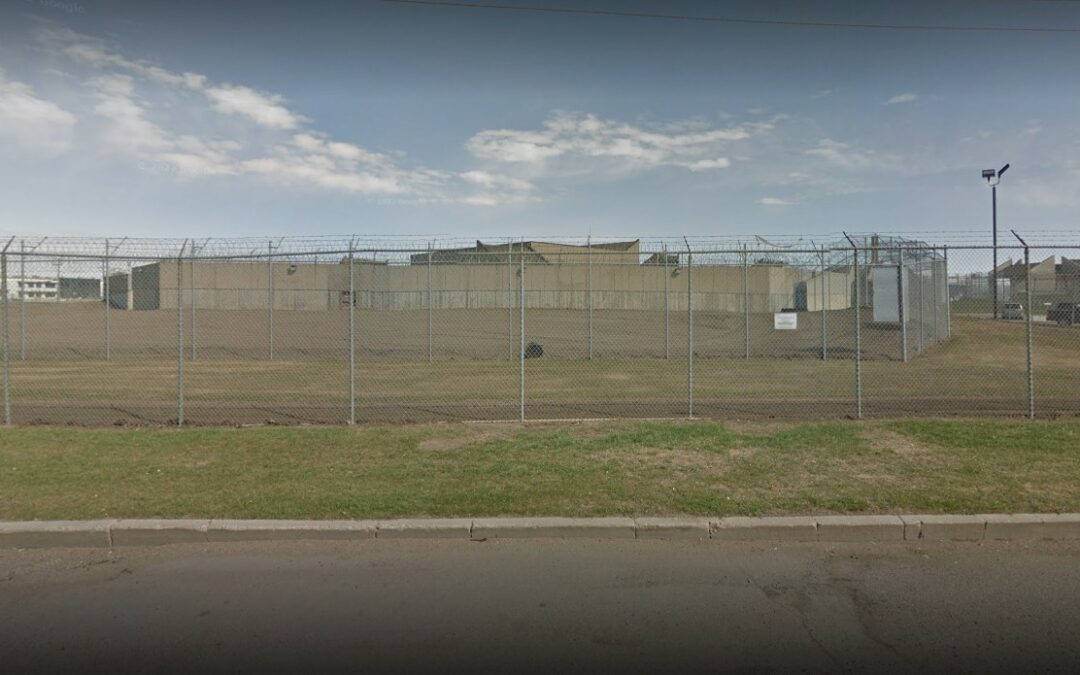(CONTENT WARNING – the following story contains distressing details)
William Whitebear died while in custody at the Saskatoon Provincial Correctional Centre on November 2, 2020 while serving a two-year jail term.
A coroner’s inquest into his death is taking place at the Saskatoon Inn this week where a total of 14 witnesses are expected to testify on the circumstances around Whitebear’s death.
On Monday, the six-person jury heard that Whitebear died by suicide and that he was actually considered a low suicide risk by correctional centre staff. However, there was a phone call Whitebear made hours prior to his death where he indicated a possible plan for self harm. For privacy reasons, these phone calls are not listened to by staff. Investigators only listened to the phone call after Whitebear’s death.
Day 2 of inquest sees several corrections officers testify
On Tuesday, the first person to testify was Nghia Nguyen, a corrections officer, who discovered Whitebear in distress in his cell.
Nguyen, spoke on training officers received, including policy and procedure, cultural training, and mental health training. He says the training has been updated multiple times during his 14 years with SPCC.
Nguyen testified that Covid protocols at the time made it difficult for staff to know, which inmates were in the unit at any given time.
He also spoke on the check he made on Whitebear at 11:30 pm where he says Whitebear was watching tv. Nguyen says on his next check, at around 12:30 am on November 2, he discovered Whitebear in medical distress.
He says it was “very difficult” to cut the ligature Whitebear had used. The corrections officer was asked about the shelf Whitebear used and Nguyen says he was not sure if there has been any changes to those shelves since Whitebear’s death. Testimony heard later in the inquest would confirm that the hole in the shelf that Whitebear used has now been filled in.
The next witness was former corrections officer Derek Matyjanka who testified by phone.
Matyjanka also spoke on training officers receive, which he also says includes mental health training.
He also spoke on the night Whitebear died, and the response by correctional centre staff when Whitebear was found in medical distress.
Alisha Paproski, another corrections officer working the night Whitebear died also testified. She spoke on many of the same matters previously discussed with other corrections officers.
The last corrections officer to testify was Chad Bautz who has been working in the field for over 20 years.
Bautz described the mental health training officers receive as “brief” and encouraged the inquest jury to make recommendations for stronger mental health training for corrections officers. Other witnesses also said more mental health training would be beneficial.
The inquest is expected to wrap up testimony on Wednesday at which point the jury will deliberate in order to make recommendations to prevent similar deaths in the future.
